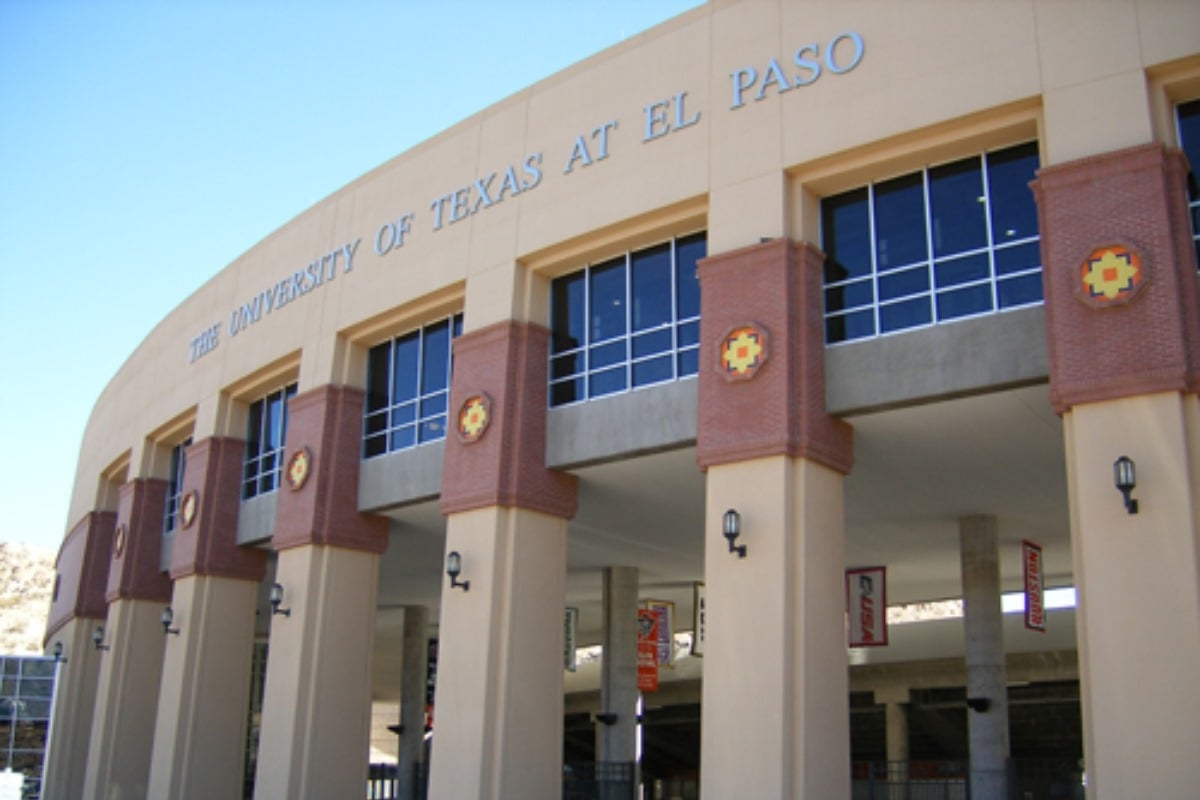Science
UTEP Secures $500,000 Grant for AI-Driven Nuclear Cybersecurity

The University of Texas at El Paso (UTEP) has been awarded a significant grant of $500,000 from the U.S. Nuclear Regulatory Commission to enhance cybersecurity measures at nuclear power plants through the integration of artificial intelligence. This funding marks a pivotal move towards strengthening defenses against cyber threats in an increasingly digital landscape where the risks are substantial.
Leading the initiative is Sajedul Talukder, Ph.D., an assistant professor of computer science at UTEP, alongside Syed Bahauddin Alam, Ph.D., from the University of Illinois Urbana-Champaign. The project aims to revolutionize cybersecurity protocols by implementing a multilayered defense strategy that replaces traditional single-perimeter systems.
Innovative Cyber Defense Strategies
One of the core innovations outlined in Talukder’s project is the development of an “onion-like” defense structure. This approach ensures that each device and system within a nuclear facility is provided with its own dedicated line of digital protection. As Talukder’s team noted, “Instead of relying on one big perimeter defense, the system creates layers of security that make it far harder for attackers to move around if they ever get in.”
Additional components of the project include an AI-driven monitoring system designed to detect and respond to suspicious activities in real time. Furthermore, the creation of a virtual replica of a nuclear plant’s critical systems will enable testing and strengthening of defenses against both current and emerging cyber threats.
This proactive stance represents a notable shift from the traditional reactive measures typically employed, with Talukder emphasizing the project’s innovative nature. He stated, “Together, these innovations shift nuclear cybersecurity from being reactive — waiting for attacks to happen — to being proactive. It’s an intelligent shield that adapts and evolves as quickly as the threats themselves.”
Impact on Education and Future Cybersecurity
The implications of this project extend beyond research and development. It is poised to serve as a vital training ground for the next generation of cybersecurity professionals. The grant will facilitate new opportunities for both undergraduate and graduate students at UTEP, allowing them to engage in hands-on AI research. This experience is invaluable in today’s employment market, where technological proficiency is in high demand.
Ken Meissner, Ph.D., dean of the UTEP College of Engineering, acknowledged the broader significance of the grant. He remarked, “For UTEP, this award places the University among an elite group of institutions helping to define the future of nuclear security and highlights our growing contribution to solving one of the nation’s toughest problems.”
As UTEP embarks on this ambitious project, it stands at the forefront of efforts to safeguard nuclear facilities against the ever-evolving landscape of cyber threats. The integration of artificial intelligence into cybersecurity measures presents a promising avenue for enhancing national security in critical infrastructure.
-

 Lifestyle5 months ago
Lifestyle5 months agoLibraries Challenge Rising E-Book Costs Amid Growing Demand
-

 Sports4 months ago
Sports4 months agoTyreek Hill Responds to Tua Tagovailoa’s Comments on Team Dynamics
-

 Sports4 months ago
Sports4 months agoLiverpool Secures Agreement to Sign Young Striker Will Wright
-

 Lifestyle4 months ago
Lifestyle4 months agoSave Your Split Tomatoes: Expert Tips for Gardeners
-

 Lifestyle4 months ago
Lifestyle4 months agoPrincess Beatrice’s Daughter Athena Joins Siblings at London Parade
-

 Science4 months ago
Science4 months agoSan Francisco Hosts Unique Contest to Identify “Performative Males”
-

 World4 months ago
World4 months agoWinter Storms Lash New South Wales with Snow, Flood Risks
-

 Science5 months ago
Science5 months agoTrump Administration Moves to Repeal Key Climate Regulation
-

 Business5 months ago
Business5 months agoSoFi Technologies Shares Slip 2% Following Insider Stock Sale
-

 Science5 months ago
Science5 months agoNew Tool Reveals Link Between Horse Coat Condition and Parasites
-

 Sports4 months ago
Sports4 months agoElon Musk Sculpture Travels From Utah to Yosemite National Park
-

 Science5 months ago
Science5 months agoNew Study Confirms Humans Transported Stonehenge Bluestones









